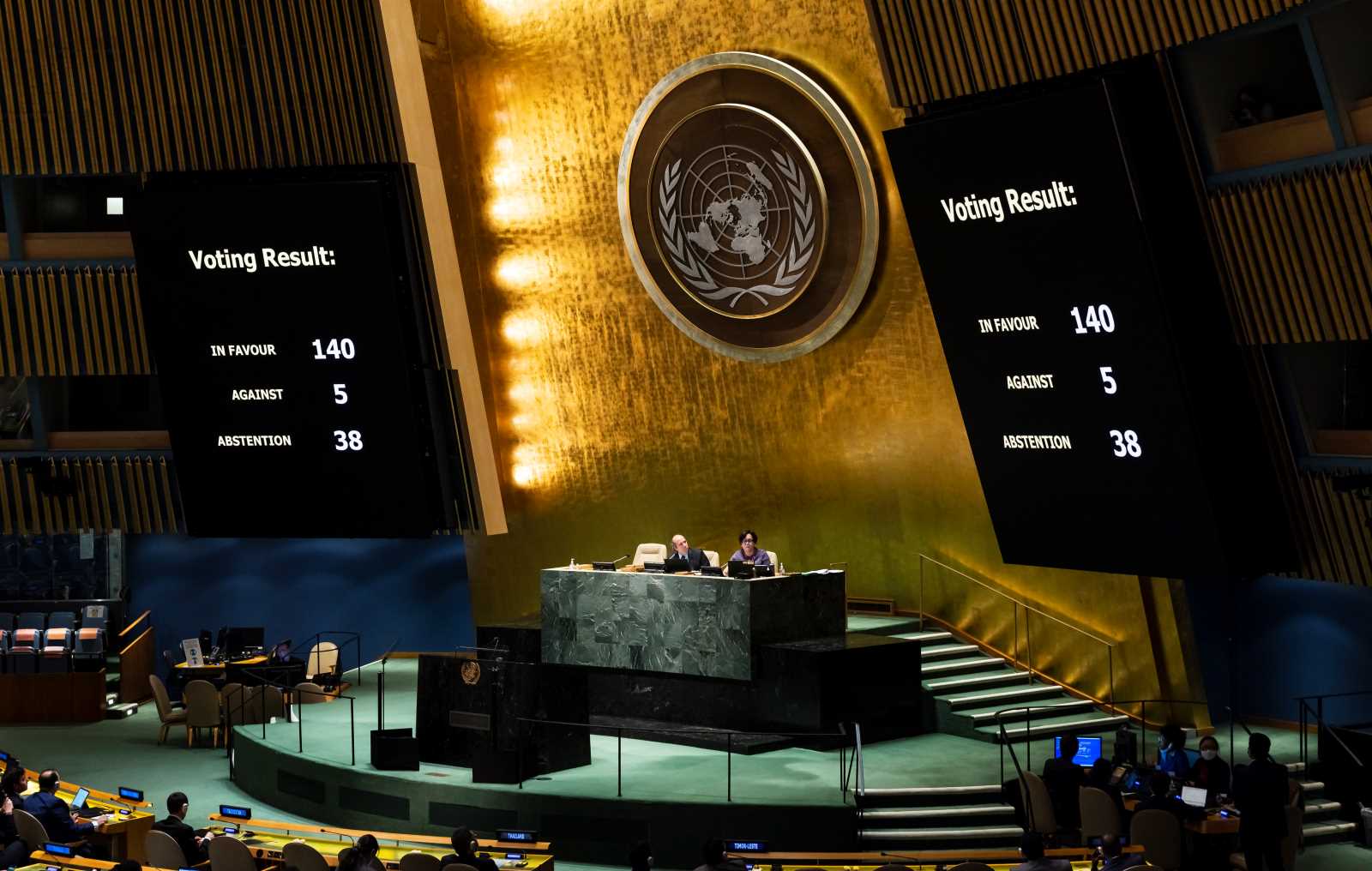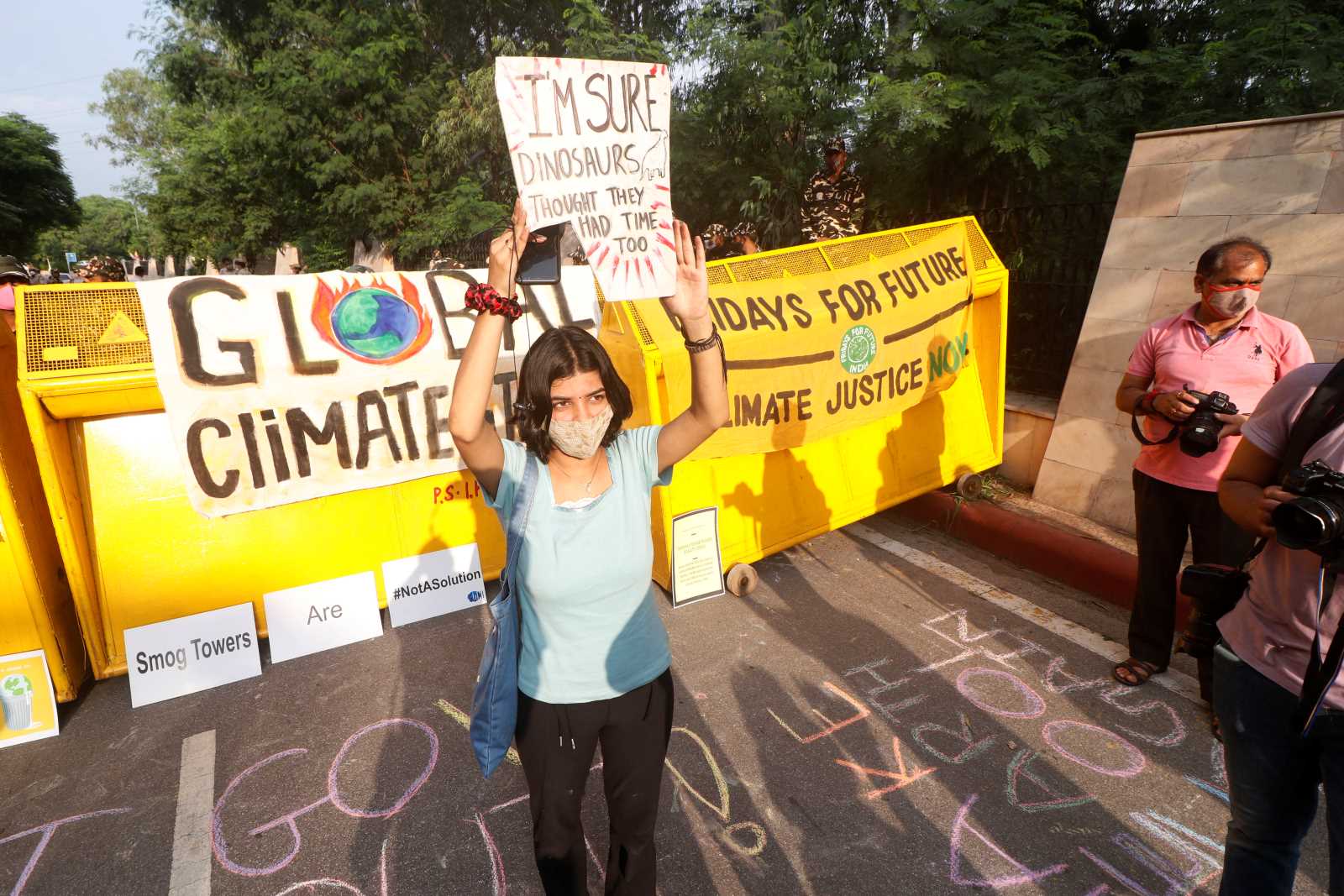Interview
Market not a substitute for climate diplomacy
At their summit in June, the G7 committed to a complete decarbonisation of the global economy. The declaration was celebrated as a major breakthrough in climate policy. And rightly so?
The declaration was no sensation. The G7 committed to similar goals in 2009. What’s new is the notion of decarbonisation, and it indicates an extension of goals: besides the two-degree target, Paris will come up with a decarbonisation target. I don’t expect a deadline to be set for that goal though.
In the run-up to the conference, several countries have published their individual climate goals. Will these intended nationally determined contributions (INDCs) limit global warming to two degrees?
The individual countries’ current commitments are not sufficient at all. That’s why we now often hear people talk about “keeping the two-degree target within reach”. The contributions would have to be raised significantly in the reviews that are expected to take place every five years after Paris.
What would make Paris a success?
In 2011, the international community decided in Durban to reach a comprehensive global climate agreement compatible with the two-degree target by 2015 the latest. If that doesn’t happen, we could say Paris failed. I would personally regard it as a success, however, if the gap between industrialised countries, emerging economies and developing countries could be bridged in a first step. So far, international climate protection is a matter for the old industrialised countries.
For the first time, the global energy industry’s carbon emissions rose only minimally in 2014 without a major economic crisis. Is economic growth starting to become independent from fossil energy?
No, it isn’t. First of all, the numbers need to be treated with caution. Chinese data in particular tend to be unreliable. But even if emissions were reduced: one year in itself doesn’t represent a global trend. Yes, positive developments are taking place in China, but other emerging economies such as India and Indonesia are massively expanding their use of coal.
Technology is improving, so renewables are getting cheaper and more profitable. At the same time, new coal-fired power plants are becoming uncompetitive. Do we still need policy changes – or will the market take care of the global transition to environment-friendly energy provision?
The market may take care of an electricity transition, in most countries at least. But electricity is only one of three important energy sectors. I don’t see any transition in transport yet and only a beginning in the heating sector. So yes, we do need climate diplomacy. The question is: do we need UN treaties that are binding under international law in order to make progress? Or would it be enough for governments to gain trust in each other – trust, that every country contributes to the common goal? Without the bilateral agreement between the US and China, Obama would have a much harder time enforcing ambitious climate policies at home.
In the future, the greatest carbon emissions will come from countries that are still developing countries or emerging economies today. What does that implicate for international policy-making?
The share of the G7 and all OECD countries will decrease. The EU and the USA reached their emission peaks long ago. Now, the development in emerging economies is crucial. However, we cannot seriously tell them not to do what we have done before. It is important that countries like China and India reach their emission peaks within the next 15 years. China is open for such a debate, but India is not. The country is bound to become the next “bad guy” of international climate policy. In the end, technological cooperation and the transfer of know-how will matter more for the transition in emerging economies than long-term emission targets.
Oliver Geden heads the EU/Europe Division of the German Institute for International and Security Affairs.
oliver.geden@swp-berlin.org














